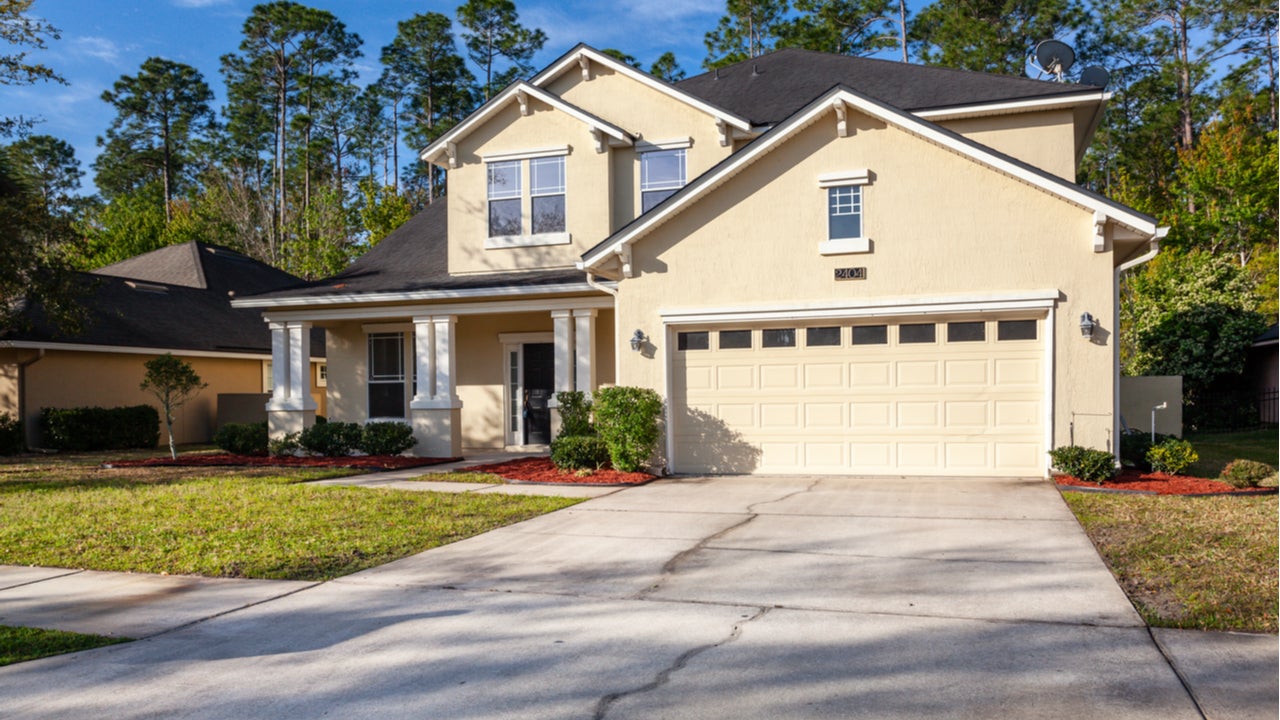Homeowners insurance vs. co-op insurance vs. condo insurance

Having home insurance can offer financial protection against expensive repair costs or liability claims. But not all insurance policies are appropriate for your property type. Owners of single-family homes need different insurance than condo owners, and if you live in a co-op you have a very specific set of insurance needs. Before you purchase an insurance policy, understanding co-op insurance vs. condo insurance will help you secure the right type of coverage.
Homeowners insurance vs. co-op insurance
When you purchase a home or condo, you own the structure with a deed to prove it. A standard homeowners insurance policy covers the entire structure of a home, plus your personal belongings. This only applies to a single-family home, however. Condo insurance typically covers the personal property and appliances within the home but not the structure itself. Rather, the homeowner’s association (HOA) pays for insurance on the building.
With a co-op, you are not a homeowner, but rather a shareowner of the corporation that owns the building. A co-op is a housing cooperative owned by a corporation that allows people to buy shares in exchange for access to the units and amenities within the property. A co-op is more like a rental agreement, where you are the tenant and the building owner is the landlord. Your shares do not translate to real property like owning a house or condo does. Instead, your shares are treated as personal property.
Because you do not actually own the building when you live in a co-op, you cannot get (and do not need) traditional home insurance. With co-op homeowners insurance, your policy only covers the unit you own shares in, usually from the studs in. The co-op master policy purchased by the corporation insures the exterior of the building plus the exterior of your unit, including common areas and hallways. This is similar to an HOA providing insurance coverage to the exterior of a condo complex.
Not all master policies are the same, so it is important to review the master policy to see which parts of the structure are covered. That way, you can get co-op insurance to cover what you are responsible for.
Do I need cooperative home insurance?
Whether you need homeowners insurance for a co-op can vary depending on your co-op and on the co-op master policy maintained by the corporation that holds the property rights. However, purchasing cooperative home insurance can often provide more financial protection for your belongings and living spaces.
In short, condo and co-op insurance both focus on personal property, while a larger entity handles the structure itself. Condo insurance is for people who own their unit, while co-op insurance is for people who own shares in the building.
Homeowners insurance vs. condo insurance
Buying a condo is more similar to buying a home than a co-op. When you buy a condo, you own the unit and likely need condo insurance to insure it properly. However, insuring a condo is more similar to a co-op than a home because you are only responsible for insuring your unit, not the entire building. Instead, the condo association’s master policy will take care of the common areas and building structure, just like a co-op master policy. Both co-op and condo home insurance usually include coverage for liability and additional living expenses, though, just like a homeowners policy.
Condo unit owners and co-op shareholders may want to consider adding optional coverage for loss assessments. Homeowners who live in a homeowners association might also want to consider this coverage. Loss assessment coverage can help pay if you are assessed for a covered claim, which is a fee assessed to all units to cover the deductible and other amounts paid by the association. For example, a large tree fell during a windstorm and damaged parts of the common area, including the roof of a building. All unit owners could be assessed the same amount to cover the $15,000 deductible listed on the master policy.
What does homeowners insurance cover?
Homeowners insurance generally covers your home, your personal property and your liability exposure. Standard home insurance policies also include additional living expenses coverage, also called loss of use. You may be able to tailor your home insurance with optional coverage such as water backup, identity theft and earthquake coverage. However, the main coverage types offered for homeowners, condo and co-op insurance are dwelling, liability and personal property coverage.
Dwelling coverage
When you own a home, you are responsible for the entire structure, not just the inside of the unit, like a condo or co-op. This includes the roof, walls, ceilings, floors, foundation and everything in between. The dwelling coverage on your homeowners insurance is one of the most important coverage types, so you probably want to make sure this coverage amount is enough to replace your entire home in case of a total loss like a fire.
Dwelling coverage on a condo or co-op is different and usually only covers the unit from the studs in. Depending on what the master policy covers, you may also want coverage for improvements or betterments you make to the unit. For instance, you may have upgraded your cabinets in the kitchen or replaced the vanity in the bathroom. These improvements or betterments might be able to be added to the dwelling section of your condo or co-op policy.
Liability coverage
Homeowners may have more liability risk than condo and co-op unit owners, especially if you have what the insurance industry calls “attractive nuisances” on your property. An attractive nuisance could be a trampoline, pool or any other piece of property that could attract someone onto your property and potentially cause them harm. Liability coverage protects your finances if you are sued for injuries to others that happen inside or outside your home, and if you are found at fault for damage to someone else’s property.
When you own a condo or co-op, your liability risk may be a bit lower. If someone is injured in a common area, like a playground or pool, the liability may be covered by the master policy, because those areas are not in your ownership. However, if someone is injured in your unit, the liability coverage on your condo insurance or co-op insurance could pay. Injuries and subsequent legal fees can be expensive, so consider the amount of liability coverage you purchase carefully.
Personal property coverage
Personal property coverage is the same for all three types of home insurance, but the base amount built into the policy is different. In a homeowners policy, the personal property amount usually defaults to between 50 and 70 percent of the dwelling coverage. The default personal property amount for condo and co-op home insurance may be lower, around 50 percent of the dwelling coverage.
Whether you are buying co-op insurance, condo insurance or homeowners insurance, you can likely adjust the personal property amount as needed. A condo or co-op master policy rarely provides coverage for personal belongings, so you want to make sure you have enough coverage on your own insurance. Consider making a home inventory to determine how much personal property coverage you need. The home inventory can also be used if you have to file a personal property claim.
Frequently asked questions
Why we ask for feedback Your feedback helps us improve our content and services. It takes less than a minute to complete.
Your responses are anonymous and will only be used for improving our website.
You may also like

Homeowners choose minimal insurance due to rising rates. How risky is it?

HO-3 vs HO-5 insurance for homeowners

Home warranty vs. homeowners insurance



